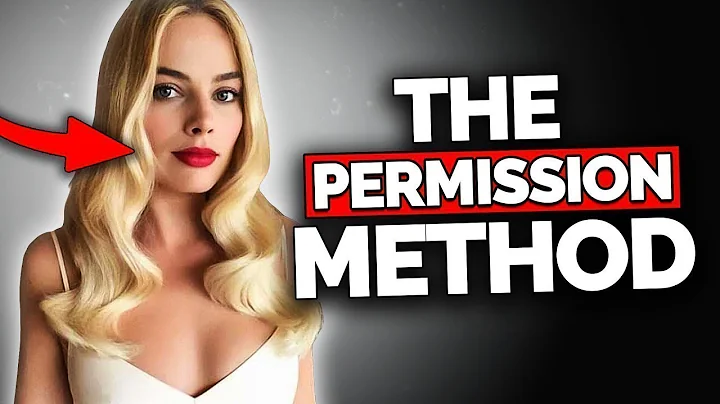This is a social fact. Not all people like you, and not all people hate you.
People like those who like themselves, so they are divided into groups.
However, if we encounter the kind of skunk-type acquaintances who have to get along, they always say that people are bad and short, making the whole environment embarrassing and cold. How should we deal with it? One way of
is, "Go your own way, let others say it!" The other way of
is to walk your own way and let people have nothing to say.

case story:
good teacher. Some people beat others every day, saying that this is not good for others and that is not good. When others refuted him, he immediately said that he was joking. It feels like being caressed about by the person he said, and not generous enough. Teacher
, how should we treat this kind of person?

rudder main navigation: analysis and suggestions.
understands your feelings and depression very well. The person in your description, we usually call it a skunk, always releases toxic gases in the crowd, which makes people uncomfortable. The evaluation of people and things is always negative, pouring cold water, throwing bricks, and falling into trouble. The average person will be very depressed when encountering similar partners, friends, colleagues, etc. Did they make a big mistake, they always catch other people's minor faults, speak coldly, seem reasonable but the subjective evaluation behind them is very negative.
Therefore, anyone who encounters a skunk friend will have this very embarrassing emotion. However, on the other hand, it is also a rare self-improvement environment.
hope our next analysis and suggestions can help you get rid of this interpersonal dilemma.
In your question, you described a very interesting question. Some people say, "I hit others every day, saying that they are bad here and there, and the other party retorts, saying that it is a joke, and that the other party is careful." In real life, there are indeed such people. When you talk about it, you think this kind of person is very familiar, and his model is also very common. Then we can try to analyze their motivation and purpose for doing this:
First of all, this kind of person is often an acquaintance. People like can make such unceremonious judgments. They must be familiar people around them, people who often deal with, and often stay together. They are familiar with you and can easily point out shortcomings and shortcomings. And these shortcomings and shortcomings are correct. I really want to cover up and avoid them. It is my own pain and weakness, and I am very unwilling to let others mention it. But he did it deliberately, knowingly, and without scruples. "Respect for others" is not good for them.
Secondly, exposing people's shortness is to show their "longness". These people have some false "confidence", and they will show triumphant expressions when talking about others. They feel like they are superior, and they satisfy their "narcissism" when they talk about the shortcomings of others. He is very comfortable and happy himself, which means "being happy because of the pain of others." In fact, they have low self-esteem in their hearts, and hope to achieve their goal of compensating for their low self-esteem through this "trample on others' self-esteem". So they are "pathetic".
Commonly used method, neither arrogant nor humble, ignore it. So what do you do when you associate with them? "Non-commitment" seems to be a way. The more you refute, the more proud he is, and the more he grasps the weaknesses of others, the more rampant. Don't worry about them. Just know that they are "building self-confidence by hitting others". Let them satisfy their poor "narcissism" and let them go. Maybe your ignorance will make them feel bored and lost, and will curb their behavior.
professional advice. There are some skunk acquaintances at . They are not necessarily due to internal factors such as low self-esteem, and thus use blows to gain self-esteem. They think so because of their concepts. In their eyes, some aspects of others may be just what they look down on, or unbearable. Therefore, they must demonstrate their own ideas and their sense of existence through subjective evaluation. This situation is actually a three-view conflict between friends. In addition, they are not good enough to deal with such interpersonal differences with a tolerant and empathetic attitude, leading to continuous negative evaluation and attacks on others.
This type of skunk acquaintance does not work with patience. At this time, it can be handled in three ways.
one kind, contentionConfrontingly, pointed out that their so-called "defect evaluation" is subjective, unscientific, and superficial. It also displays the opposite high-value evaluation and its reasons. There are two types of
, which are not easily ignored. Z17z occasionally refutes with words and demonstrates with actions. There are three kinds of
, which are purely ignored. improves self and uses their negative evaluations as the breakthrough point and raw material for self-improvement. But before long, we will surpass them in terms of connections, skills, knowledge, and social status, and become the existence they look up to.

Conclusion:
I am the master of the other side rudder. Skunk acquaintances who always negatively evaluate others are a common phenomenon. It shows that we are not good enough, and we are on the same social level with them. Therefore, reality tells us that we need to continuously improve ourselves in an all-round way. The so-called Longyou Shoal was caught in a shrimp scene. This is probably the case. Either we are ready to fly for nine days, or we can make a shrimp and win the necessary social reputation.
The villain’s reputation is because we still have a reputation that the villain does not have, but we can strive for. When we are strong enough, the villain is left with admiration.
The villain’s defamation is not a real injury, but a reminder to move forward.
"Emotional theme" extended learning suggestion:
If you want to completely become the master of emotions and enjoy the ease, it is recommended to pay more attention to and learn about the "high-latitude nature of emotions and self-emotion control techniques", related concepts, theories and practices Operation technology.






















